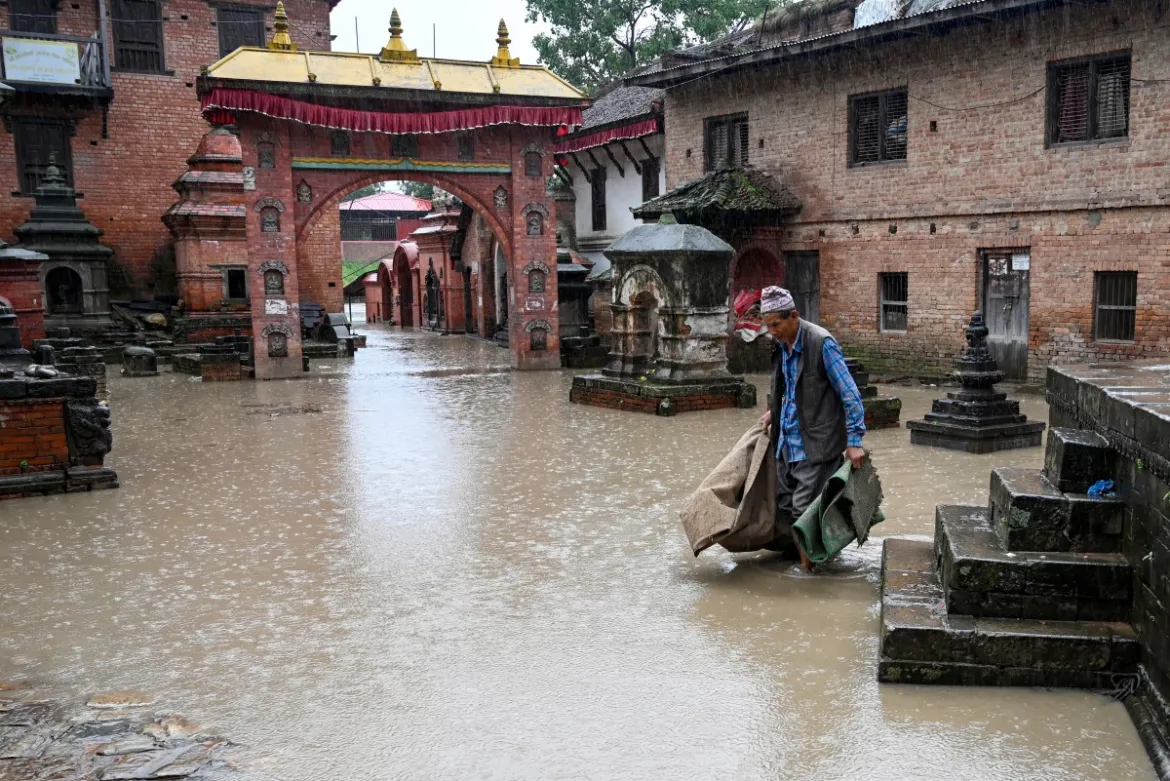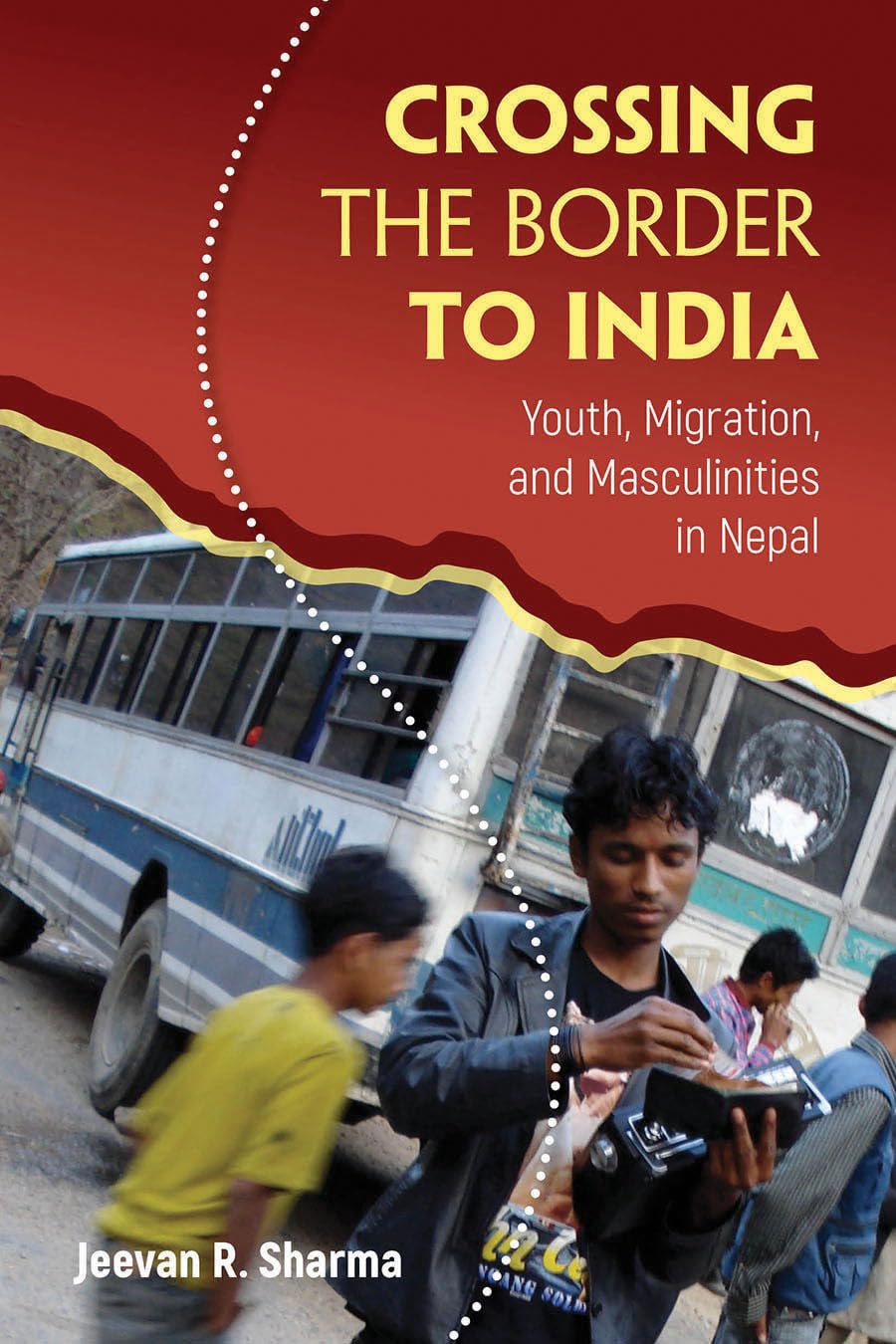Amnesty International Calls for Urgent Climate Action Amid Devastating South Asia Floods

Kathmandu — In response to the recent extreme climate events in South Asia, Marta Schaaf, Programme Director for Climate, Economic Social Justice, and Corporate Accountability at Amnesty International, has highlighted the urgent need for collective human rights-consistent climate action. Schaaf’s statement underscores the increasing frequency of devastating floods and intense heatwaves, which she attributes to human-caused climate change.
“The devastating floods in South Asia, following a period of intense heatwave, are yet another reminder of the failure to ensure a collective human rights-consistent climate action,” said Schaaf. “Human-caused climate change has made extreme climate events much more likely, aggravating the continuum of extreme heat and flooding that we have witnessed with increasing frequency in recent years.”
The recent climate disasters have severely affected millions across South Asia. In India, over 80 people have lost their lives in Assam since mid-May, with 2.4 million people impacted and 2,580 villages still submerged. Nepal has reported around 91 deaths in the past four weeks due to heavy rains and landslides. In Bangladesh, floods have caused eight deaths and displaced tens of thousands, with approximately 40,000 people seeking refuge in government shelters. Pakistan, too, has witnessed significant evacuations in northern regions due to flooding from melting glaciers, while other areas suffer under extreme heat. New Delhi recorded its highest-ever temperatures this summer, though heat-related deaths are not systematically tracked.
Schaaf emphasized the disproportionate impact of these climate events on vulnerable and marginalized communities, who have contributed minimally to greenhouse gas emissions yet bear the brunt of government inaction on climate change. “The large economic disparities in the South Asia region have only magnified the sufferings of the most vulnerable and marginalized communities, with a large death toll and displacement figure year on year,” she stated. “These communities contributed almost nothing to greenhouse gas emissions, yet they are paying for government inaction on climate with their livelihoods and all too often – their lives.”
Calling for a clear roadmap for climate justice, Schaaf asserted that there can be no climate justice without human rights. She urged countries to phase out their dependence on fossil fuels and called on high-income historic emitters, G20 members, and fossil fuel-producing states to commit to climate finance. This funding is essential to help developing countries adapt to climate change, transition to renewable energy, and compensate communities for inevitable loss and damage.
“It is simple – countries must phase out their dependence on fossil fuels,” Schaaf declared. “The time is now.”
As South Asia grapples with the aftermath of these severe climate events, Amnesty International’s call for immediate and just climate action highlights the pressing need for global cooperation and commitment to human rights-centric climate policies.


















Facebook Comments